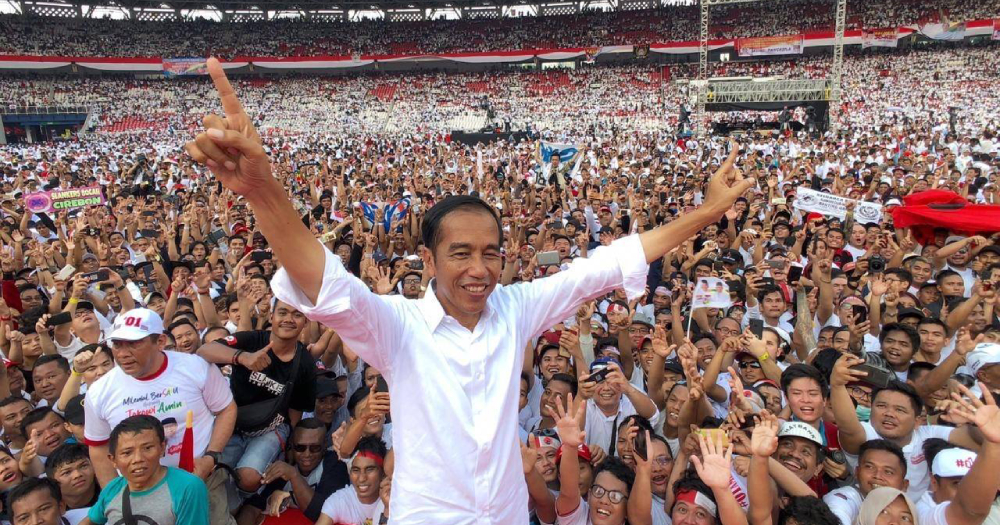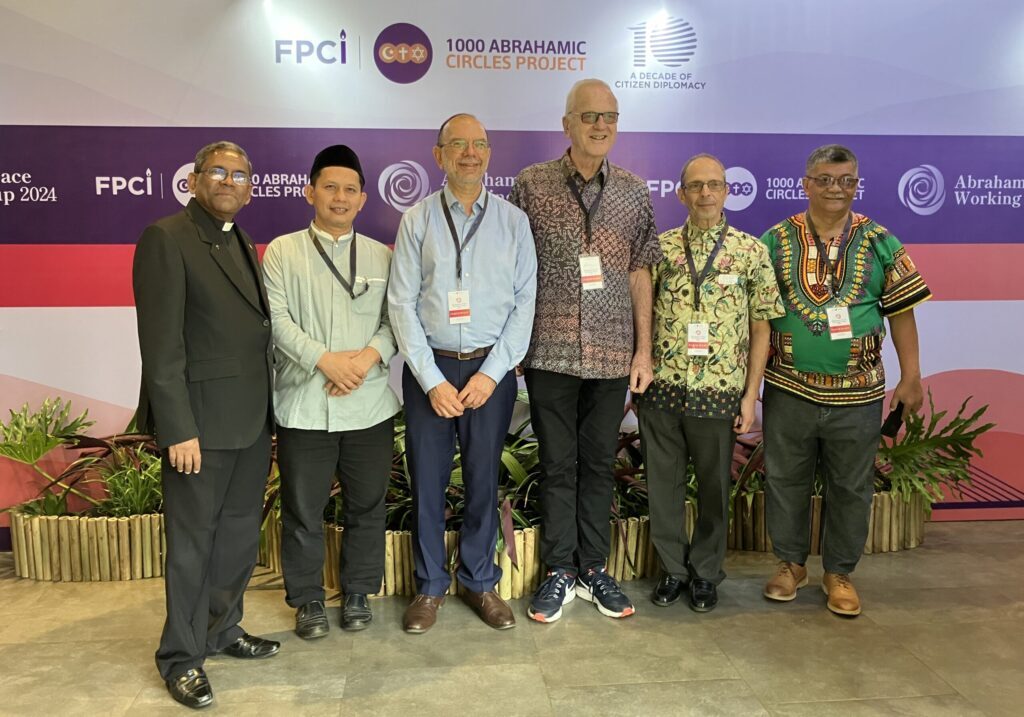Australia/Israel Review
Asia Watch: The ballot box and the mob
Jun 3, 2019 | Michael Shannon

Although Indonesia’s election was decisively won by a moderate Muslim, incumbent President Joko Widodo, the divisive campaign and its aftermath revealed underlying currents that may portend trouble for the long-term.
The final count announced on May 21 put the margin for Jokowi at 55.5% over his opponent Prabowo Subianto’s 44.5%. Jokowi almost doubled his 2014 victory margin – a fine result, which was also reflected in the parliamentary elections. Yet, it appears no margin would have been enough to dissuade Prabowo from alleging massive electoral fraud.
At the last presidential election, Prabowo challenged the result in the Constitutional Court and lost. This time, Prabowo and his camp have given mixed signals on another court challenge, but appear to favour street protests.
Despite presenting no credible evidence to support his claims, Prabowo has been able to mobilise thousands of supporters, forcing the Government to deploy the paramilitary Police Mobile Brigade in key city locations. The disturbances have, as of May 23, resulted in six deaths and 257 arrests across two nights of violent demonstrations.
One protester has been charged with treason for threatening to behead the President. A viral video showed a man in the crowd in front of the Election Monitoring Agency in Jakarta shouting: “[I am] ready to behead Jokowi… Jokowi, prepare to be slaughtered…. God willing.” The crowd around him responded with chants of Allahu akbar (God is great).
With the likelihood of further protests, the wild rhetoric indicates a hardening Islamist opposition that is unwilling to accept the result of a democratic election, along with a leader ready to exploit the situation. The results show that this opposition is concentrated in several areas.
Prabowo won in provinces marked by the growing trend of Islamic conservatism over the past decade – areas that were once the base of Darul Islam, a movement which fought for a state based on Islamic sharia law in the early years of the republic. Prabowo dominated votes on the island of Sumatra, especially West Sumatra and Aceh with 85.03% and 83.11% respectively. In Banten, West Java and South Sulawesi, Prabowo pulled 62.56%, 59.98% and 58.48% of the votes respectively. These margins strike a loud, discordant note given the size of Jokowi’s victory.
That Prabowo was able to attract the support of Islamic hardliners was not surprising, given that he had a clear strategy to do so, enlisting the support of the Islam-oriented National Mandate Party (PAN) and hard-line Islamist Prosperous Justice Party (PKS) into coalition with his Gerindra party. His lack of personal religiosity was no impediment to what was essentially a marriage of convenience.
Meanwhile, much of Jokowi’s support was gathered from the populous Central and East Java provinces where he also won with a significant margin in 2014. In addition, he won in provinces with a significant number of non-Muslim voters including North Sumatra, West Kalimantan, North Sulawesi, Bali, East Nusa Tenggara, Papua and West Papua.
Despite heading a popular, moderate reformist administration, Jokowi still had to negate accusations of being anti-Islam, even flying to Mecca days before the vote to show Indonesian voters that he is a devout Muslim. His victory was buttressed by backing from the traditionalist mass Muslim organisation Nahdlatul Ulama (NU) and the drafting of its supreme leader, conservative cleric Ma’ruf Amin, as his running mate. This brought the NU-aligned National Awakening Party (PKB) into his coalition, along with Golkar, the National Democratic Party (Nasdem), the United Development Party (PPP) and Jokowi’s own Indonesian Democratic Party of Struggle (PDIP).
Many of Jokowi’s more liberal supporters, meanwhile, regard the election result as a reprieve rather than a triumph, given the alternative. Unhappy at compromises he had made to blunt attacks from Islamist activists, they fear that minorities are increasingly vulnerable in a climate where moderate Muslim candidates feel compelled to prove how “Islamic” they are to voters, as if that metric determines their suitability for high office.
It isn’t hard to find examples of increasing Islamisation in a society once considered laid-back and moderate in religious matters. The fasting month of Ramadan has brought police raids on restaurants open during daylight hours without displaying banners reading “Only for the non-Muslim,” and the demolition of karaoke bars operating in contravention of prohibitions on the operation of entertainment establishments during the holy month.
Meanwhile, concern is growing over viral videos and photographs that show residents in Bekasi, outside Jakarta, protesting against plans to build a Hindu temple by carrying banners threatening jihad, the Jakarta Post reported. The 7,000-strong Hindu community in Bekasi established a committee in 2017 and has since met all the requirements for building a temple – a right granted to all religious minorities in the constitution, yet frequently not upheld in the face of riotous mobs.
Tags: Indonesia






